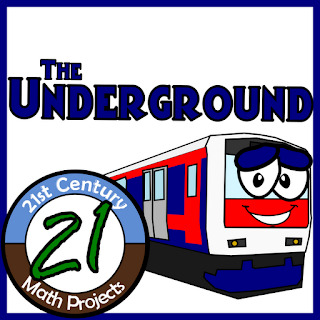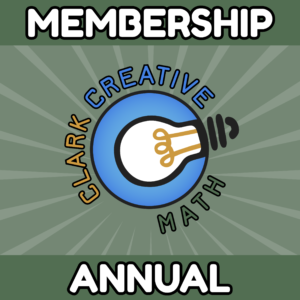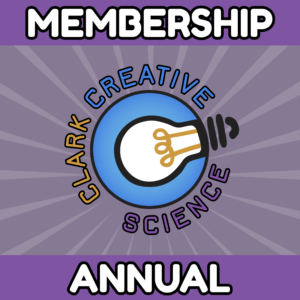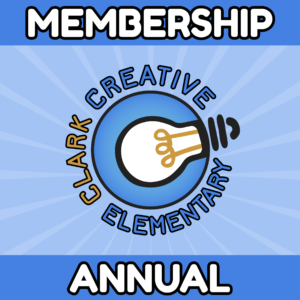 |
| Mind the Gap. Mind it Well. |
Expand your student’s international education with an exploration of the London Underground in this 21st Century Math Project. Through building skills of estimation, measurement, and use of scale, students will conclude their learning with an estimation of London’s Circle Line. This is a hands-on STEM Project for hands-on learners and provides a nice departure from the grind of the daily classroom.
Name: The Underground
Suggested Grade Level: 7-12 (Algebra & Geometry skills)
Math Concepts: Measurement, Scale, Proportion, Distance and Estimation
Interdisciplinary Connections: Travel, Global Studies
Teaching Duration: 3-5 Days (can be modified)
Cost: $5 for a 14 Page PDF (1 project, 1 assignment and answer key)
PDF Version: The Underground @ TPT
 |
| What’s a ruler? |
The Product: Students develop a strategy to approximate the length of a train line on England’s famous Tube and use their approximation to find the distance between the tube stops of tourist destinations.
Whenever our math department gets disaggregated data back on standardized tests there always one consistency that we can count on – students are low in measurement. Usually they are really, really bad. It’s as if they have no concept of an inch or never touched a protractor. When the word scale is thrown in the mix – it’s every math teacher for themselves. Anarchy.
My idea behind this project was to make a creative task that would be both mathematically rigorous, but interesting. In this project, students will have to measure, use a scale, calculate proportions to estimate distances… all in a seemingly sensible way. This packs in about as many problem spots into one project as humanly possible. Buckle your chin strap and dive right in.
 |
| Haha. Gotcha. Proportion and measurement are elementary skills! |
I learned something interesting in developing this project. The Great Wall of China is in fact spread apart in many different pieces. Miles apart. I always thought it was one long wall. Uh… hey what am I talking about? Too much cough syrup? When I originally conceived this idea I planned to approximate the length of the Great Wall. When I discovered this would be nearly impossible I went for something a little more achievable. With all the math packed in, I couldn’t bear to complicate the project by estimating multiple pieces of the Great Wall.
Truth be told, the necessary level of these separate math skills (measurement, scale, proportion, distance and estimation) vary great. In the Common Core, some of these skills are listed in 5th grade, others in 8th grade. However as a high school teacher, these are areas of significant skills deficiency. Students can cross multiply and divide, but they have difficulty recognizing a proportion problem and have trouble setting it up. Certainly, the higher order thinking skills necessary in this project raise the level of difficulty.
 |
| Calculus? I could get used to that… |
Depending on your state tests, this could be a useful prep assignment. If you are working with remedial students, it’s a more concrete assignment to help work on past skills, while pushing forward their thinking skills. Usually when I teach high school geometry, I like to slip this in after I want to review Perimeter. Perimeter is an elementary skills, but non-linear perimeter? We’re talking about Pre-Calculus and Calculus.
EXTENSION: This can get a little tricky, but an idea that I have to extend this is that you can have students find a picture from the internet of a non-geometric shape. After determining a scale, they could do the same activity. It’s tricky, but maybe you could pull it off.
However, or whenever you decide to try this 21st Century Math Project, have a jolly good time and Mind the Gaps.


